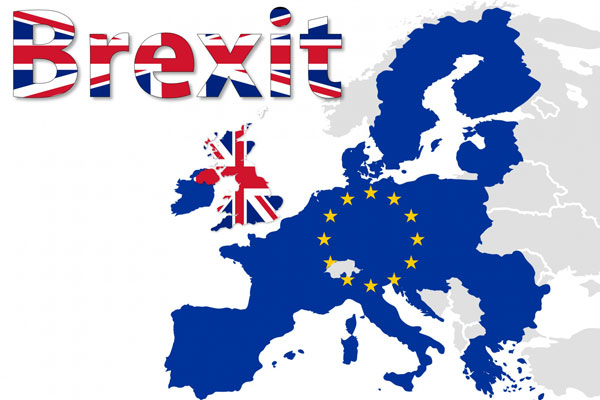Today, voters in United Kingdom (UK) have decided that Great Britain should leave the European Union (otherwise known as Brexit) and forge its path alone. Over the next 2 years, leaders of Great Britain and Europe will negotiate the terms and condition which will make Britain’s exit as smooth as possible.
Brexit will eventually end up affecting almost every British industry and even the British way of life. Whether it is the economy or the policy of immigration, it will take a decade to understand the consequences of this referendum. But we can expect some specific vital changes over the next few months.
Result of Referendum NOT Binding
Before delving into subject, it is important to point out that the referendum’s result is not legally binding. The Prime Minister could, in theory, disregard the will of public opinion and put Brexit to a vote in the British parliament. A majority decision from MPs could lead to Great Britain remaining in the EU. However, the possibility of this happening is very unlikely. The public opinion almost always prevails.
Leaving EU To Take Years
The process of leaving EU can be kickstarted by enforcing Article 50 in the Treaty of EU. Procedure dictates that Great Britain will have to notify EU its exit. After the notification, EU and the UK will have negotiate an exit agreement. There is a time period of 2 years where the UK will have to negotiate a new treaty. This new treaty will eventually replace the rules and conditions that come along with EU membership. Various issues like trading costs, regulation of products and migration will have to be negotiated.
Problems for the UK Economy
The EU is Britain’s biggest trading partner. Due to uncertainty surrounding the relationship between them, the UK is very likely to suffer a recession in the short run. Things could be even worse in the long run. Prime Minister David Cameron was a staunch supporter of remaining with the EU. His resignation means that Britain’s chances of getting a good deal during negotiations decreases significantly.
The EU will also see this as a chance to stop any future rebellion from France or other members. Hence, the negotiations are expected to be tough and the UK is not likely to get a favourable deal.
According to estimates, Brexit would result in the shrinkage of British economy between 4-8% by 2030.
Volatility for Immigrants
One of the most significant advantages of EU membership is the right for free movement within EU countries. A citizen belonging to a particular EU country is absolutely free to relocate, stay and work anywhere inside the EU. This is a significant advantage which has been utilized by British as well European citizens. Around 1.2 million British citizens live in other EU countries and about 3 million European EU nationals stay in Britain right now. This will deeply due to Brexit.
People visiting Britain would now have to worry about passport and various immigration rules at the very least. Some immigrants might also end up losing eligibility to stay in Britain and will have to be deported back to their home country.
A member leaving the European Union is a unique event. It has never happened since the inception of EU. So there is a great deal of uncertainty over many rules and regulations.
Scottish Independence Referendum
United Kingdom comprises of 4 countries – Wales, Scotland, England and Northern Ireland. Voter demographics have shown people from Wales, Scotland and Northern Ireland are overwhelmingly in favour of remaining in the EU. Only England shows significant support for leaving. In 2014, the Scottish referendum showed that 44% of the citizens want Scotland to be an independent country. They want UK to be a part of EU so that the English won’t dominate Scottish politics.
But Brexit means that Scotland has to be an independent country to be a part of EU. If there is yet another Scottish referendum as expected, it is very likely that Scotland will leave United Kingdom and become an independent country.
Positives of Brexit
Brexit doesn’t mean that all is doom and gloom. Britain will have a greater say on who is admitted into the country as an immigrant. The British Government will have greater flexibility regarding various economic and financial policies. The British people can finally hold local politicians responsible for policy mistakes rather than rail at an unelected EU official.
But there is no doubt the problems rising from Brexit far outweigh the positives. The future for the United Kingdom looks very uncertain and problematic.

































